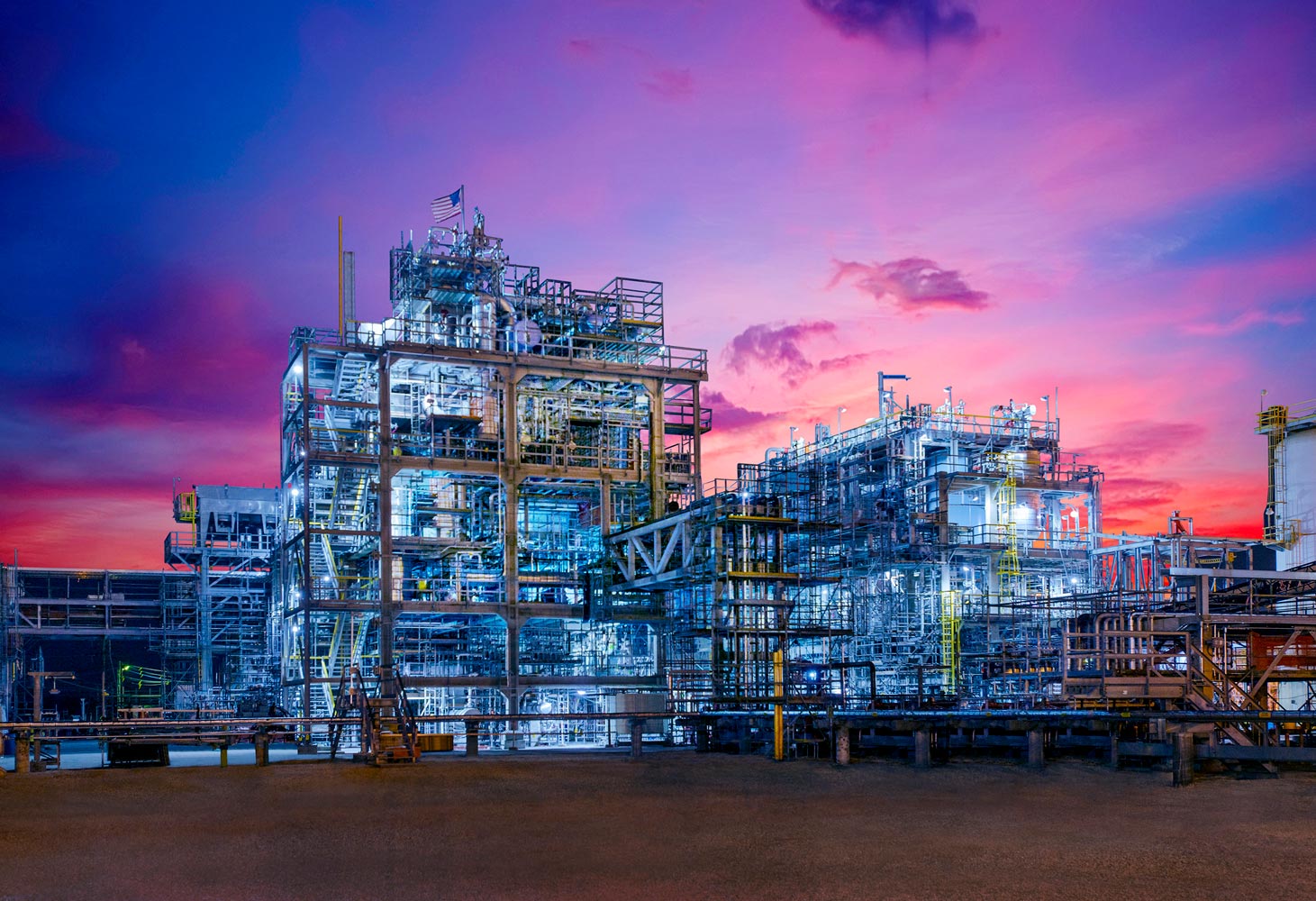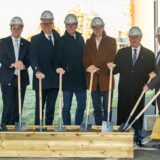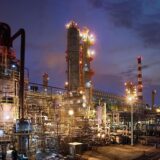
ExxonMobil to boost synthetic base stock capacity in Baytown
ExxonMobil has confirmed the feasibility of significantly increasing the production capacity for high viscosity metallocene polyalphaolefin (high viscosity mPAO) synthetic base stock at its Baytown, Texas, U.S.A. manufacturing plant. The announcement follows a successful plant trial.
The company added that the plant trial “resulted in a proven run rate of approximately 20% over design basis and would move the capacity to 60 kilo-tons of High Viscosity mPAO production per year for the plant.”
“Our customers demand a reliable supply of high quality synthetic base stocks to enable them to innovate confidently. Investing in our production facilities and responding to market drivers allows us to stay at the forefront of the base stocks industry,” said Kerrie-Anne Lanigan, vice president of ExxonMobil Synthetics.
Lanigan said that ExxonMobil has invested more than half a billion dollars in plant capacity improvements over the last decade.
Synthetic base stock market is continuously evolving
“The market is continuously evolving and the investments made position us to meet our customer’s long-term requirements as they grow their business, as well as support the increasing societal need for renewable energy.”
“Our synthetic base stocks help formulators create lubricants that are more energy efficient, work under more severe operating conditions, offer extended drain intervals and provide advanced lubricant performance,” said Lanigan.
Adoption of the metallocene synthetic base stock platform has increased across industrial, automotive and wind turbine markets, according to ExxonMobil. The synthetic lubricant market is forecasted to grow by over 25% between 2020 and 2025, with a further upside in the industrial lubricant space.
ExxonMobil’s Group IV and V base stock global capacity
The ExxonMobil Synthetics Business Unit has four Group IV and V base stock manufacturing facilities supplying more than 375 kilotonnes (KT) across all grades, broken down as follows:
- Low-viscosity PAO – an annual global capacity of 209,000 tons
- High-viscosity PAO – an annual global capacity of 102,000 tons
- Esters – an annual global capacity of 67,000 tons











